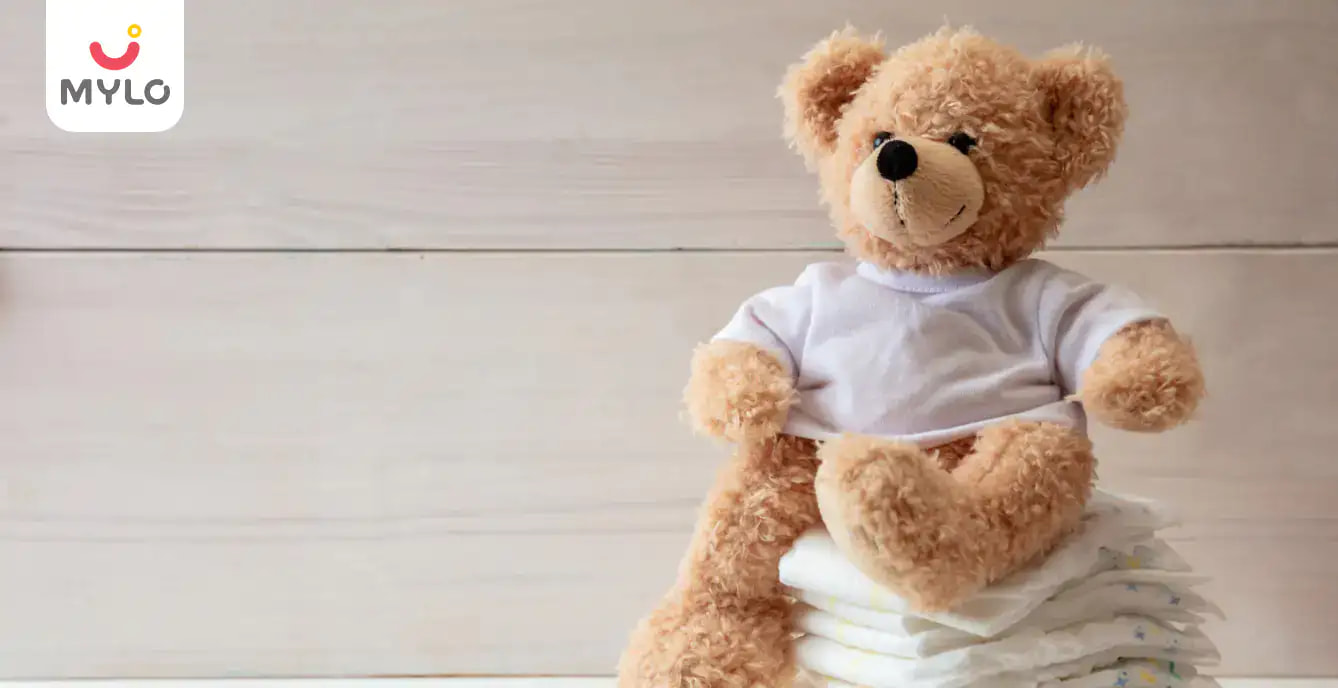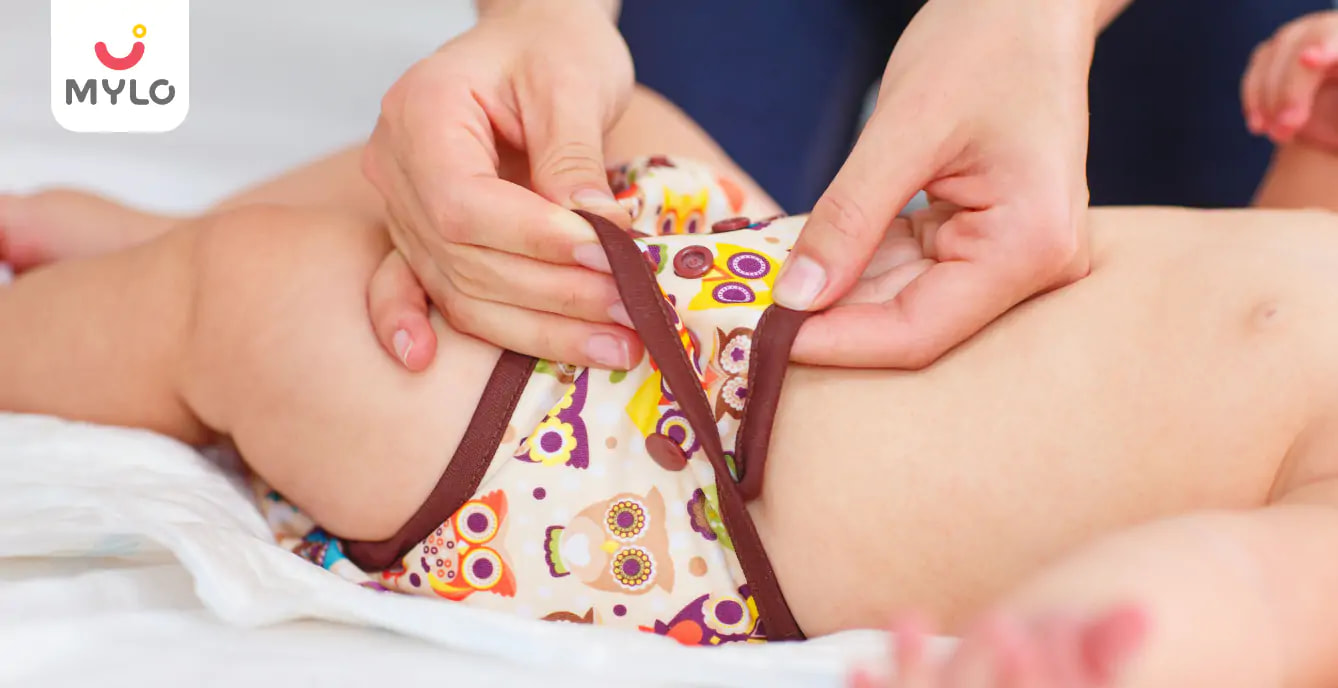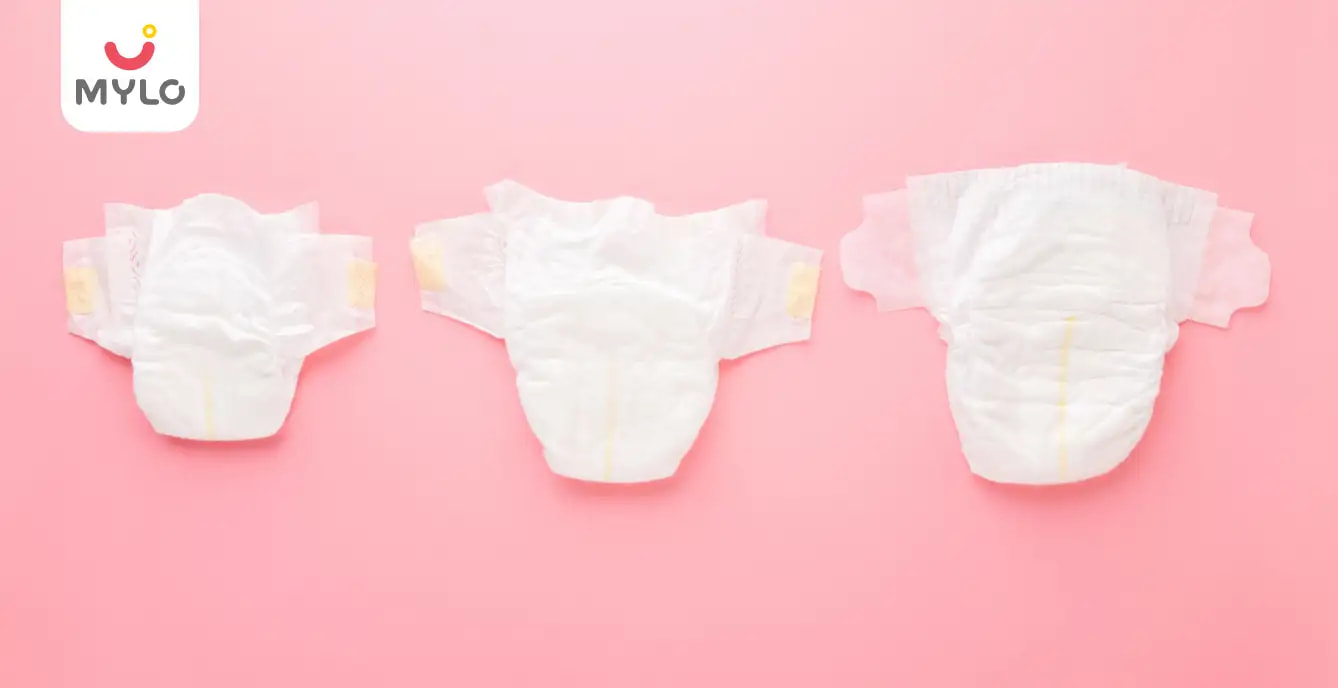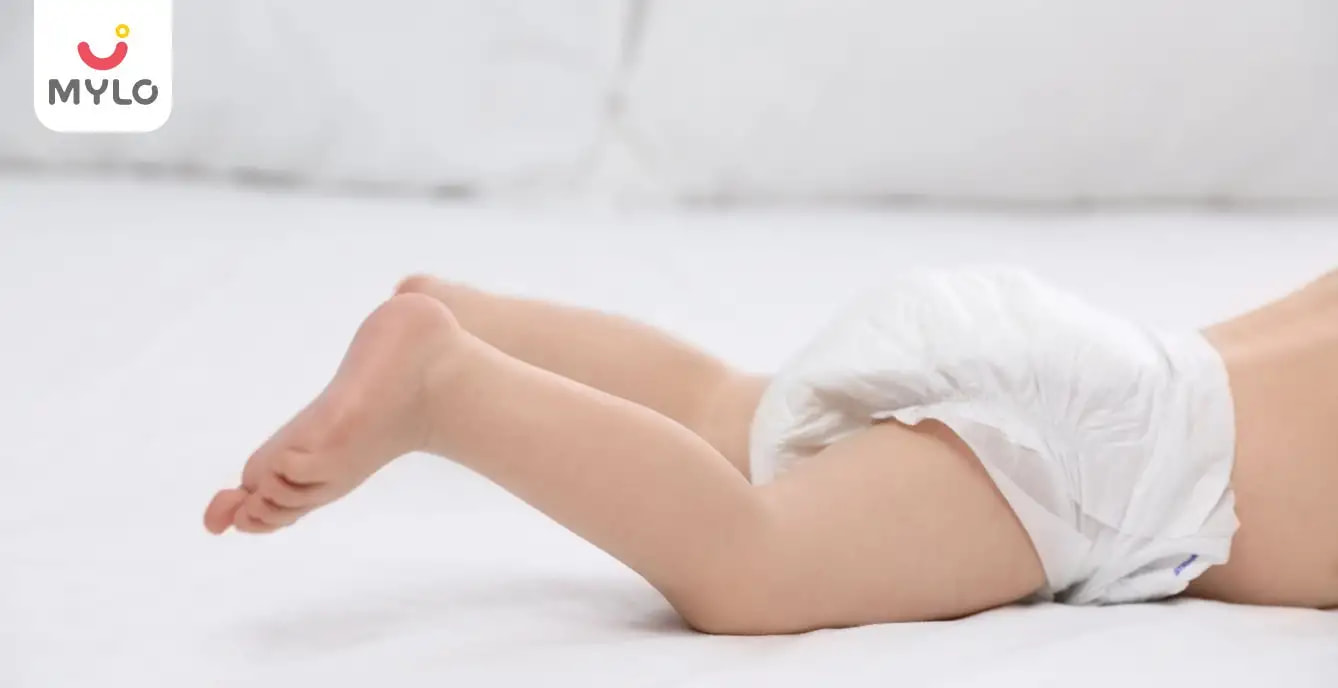Home

Diapering

A Parent's Ultimate Guide to the Pros and Cons of Disposable Diapers
In this Article
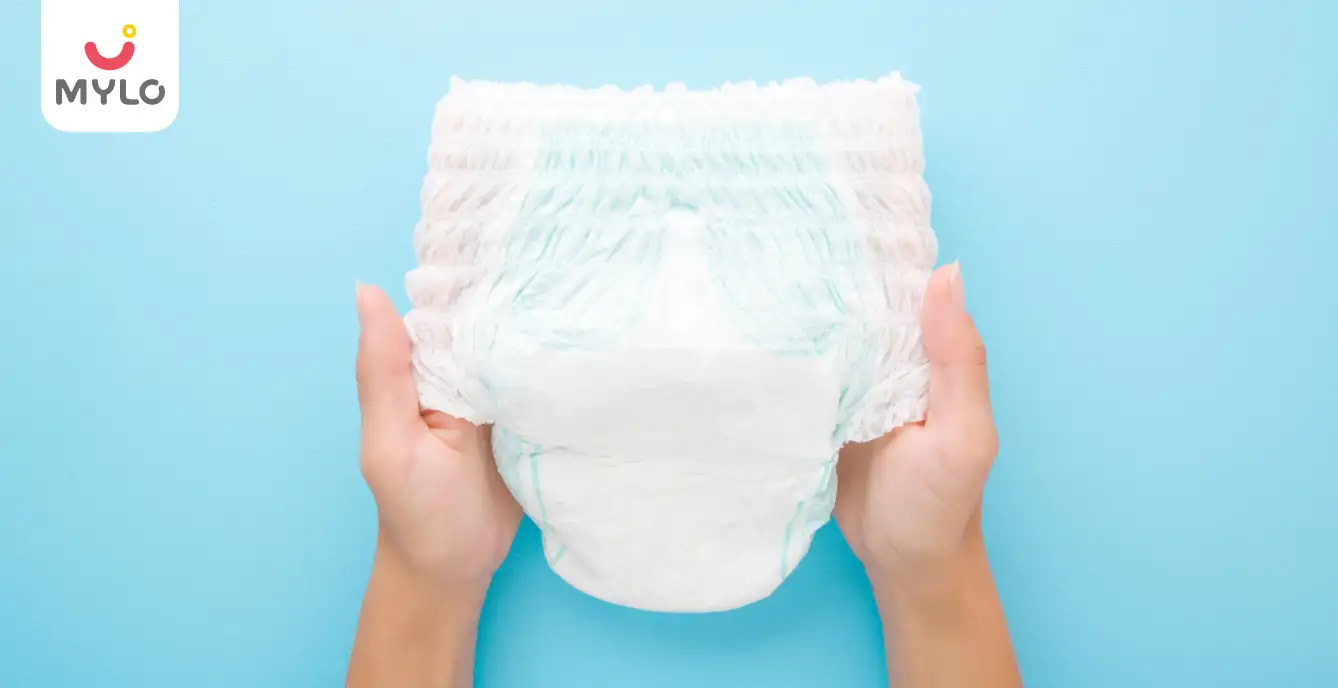
Diapering
A Parent's Ultimate Guide to the Pros and Cons of Disposable Diapers
Updated on 17 November 2023
Navigating the world of baby care involves myriad decisions, and one crucial choice for parents is whether to opt for disposable diapers. These convenient, single-use wonders have revolutionized the parenting landscape, offering a balance of benefits and drawbacks.
In this article, we'll explore the ins and outs of disposable nappies, breaking down the pros, cons, must-have features, and providing a step-by-step guide on how to use them effectively.
What are Disposable Baby Diapers?
Disposable baby nappies are single-use, absorbent undergarments designed to catch and contain a baby’s poop and pee. They are a convenient and widely used option for managing a baby's hygiene needs. They are typically made of several layers of materials that work together to keep the baby dry and comfortable.
The primary components of a disposable type diapers include:
-
Outer Layer
-
Absorbent Core
-
Inner Layer
-
Fastening System
-
Leg Cuffs
-
Waistband
Disposable nappies offer a high level of convenience for parents, as they eliminate the need for washing and drying, making them a popular choice for on-the-go families. They are available in various sizes to accommodate babies of different ages and weights.
You may also like: Cloth Diaper vs Disposable - Which is Best for Your Baby?
Pros of Disposable Diapers
Let us now take a look at the benefits of using disposable nappies for your little one:
1. Convenience
Disposable diapers are the epitome of convenience. They are readily available in various sizes and can be purchased at most supermarkets and pharmacies. No washing, drying, or folding required – just grab a fresh one, and you're good to go.
2. Absorbency
One of the standout features of disposable baby diapers is their exceptional absorbency. Advanced materials used in their construction can lock away moisture, keeping your baby dry for extended periods, which is particularly beneficial during nighttime use.
3. Easy to Use
They are user-friendly, making them a go-to choice for parents on the move. The straightforward design with adhesive tabs simplifies the diaper-changing process, even for those new to parenting.
4. Reduced Laundry Load
Say goodbye to the endless cycle of diaper laundry. With disposables, there's no need to tackle heaps of cloth diapers, making life a bit more manageable for busy parents.
5. Modern Features
Many disposable diaper brands come equipped with modern features, such as wetness indicators that change color when it's time for a change. These added conveniences make it easier for parents to monitor their baby's needs.
6. Travel-Friendly
These diapers are a travel essential. Whether you're on a short trip to the grocery store or a more extended adventure, disposables offer a hassle-free solution for keeping your baby comfortable on the go.
7. Reduced Diaper Rash Risk
The advanced designs and absorbent materials in these diapers often contribute to reduced instances of diaper rash. Properly changing diapers and using quality brands can minimize the risk of skin irritations.
Cons of Disposable Diapers
While disposable type of diapers possess several merits, they are not without demerits such as:
1. Environmental Impact
Perhaps the most significant concern surrounding disposables is their environmental impact. The long decomposition time and the sheer volume of diapers in landfills contribute to environmental challenges. Eco-conscious parents may seek alternative options to lessen their ecological footprint.
2. Cost Over Time
While the upfront cost of disposable baby diapers may seem reasonable, the cumulative expense over the diapering phase can be substantial. Families on a budget might explore cost-effective alternatives like cloth diapers.
3. Chemical Exposure
Some disposable diapers contain chemicals, fragrances, or dyes that may cause skin sensitivity or allergic reactions in certain babies. Opting for hypoallergenic brands can mitigate this concern.
4. Dependency on Disposal Facilities
The disposal of diapers requires proper waste management facilities. In areas where such facilities are limited, the environmental impact can be more pronounced.
5. Limited Sizing Options
Most disposable diaper brands offer standard sizes, and if your baby falls in between, achieving the perfect fit might be challenging. This limitation can contribute to potential leaks or discomfort.
You may also like: How to Determine the Right Diaper Size By Age for Your Baby?
Must-have Features of Disposable Diapers
When choosing disposable nappies, consider the following must-have features to ensure optimal performance and comfort for your little one:
1. Absorbency
Opt for diapers with high absorbency to keep your baby dry and comfortable for longer periods.
2. Size and Fit
Ensure the diaper is the right size for your baby to prevent leaks and ensure a snug fit.
3. Hypoallergenic Materials
Choose diapers made from hypoallergenic materials to minimize the risk of skin irritations and allergic reactions.
4. Wetness Indicator
Look for diapers with a wetness indicator, a handy feature that changes color when the diaper is wet, making it easier for parents to know when it's time for a change.
5. Easy Fastening
Diapers with secure and easy-to-use fasteners simplify the changing process, especially when dealing with a squirmy baby.
Step-by-step Guide on How to Use Disposable Diapers
Let us now understand how to use these diapers:
1. Prepare Your Changing Station
Gather all necessary supplies, including disposable baby diapers, wipes, and any creams or ointments you may use.
2. Lay Out the Diaper
Lay the disposable diaper open and flat, ensuring the absorbent side is facing up.
3. Place Your Baby on the Diaper
Gently lift your baby's legs and place them on the open diaper. The back of the diaper should be positioned just below the baby's waist.
4. Fasten the Diaper
Pull the front of the diaper up over your baby's belly and secure the adhesive tabs on each side. Ensure a snug but comfortable fit.
5. Check the Fit
Run your fingers along the leg cuffs to make sure they are gently hugging your baby's thighs, preventing leaks.
6. Dispose of the Used Diaper
Roll up the used diaper, secure it closed, and dispose of it in a diaper pail or designated waste bin.
7. Wash Your Hands
Always wash your hands after changing a diaper to maintain hygiene.
You may also like: How Often Should You Change Your Baby's Diaper?
Final Thoughts
In the realm of parenting, understanding the pros and cons of disposable diapers allows parents to make informed decisions based on their lifestyle, preferences, and environmental values. Whether you opt for the convenience of disposables or the eco-friendliness of cloth, the ultimate goal remains the same – a happy, dry, and content little one.

Mylo Baby Diaper Pants Medium (M) Size 7-12 kgs (38 count) - Pack of 1
Lightweight | Rash Free | 12 Hours Protection | ADL Technology
₹ 423

4.4
(89917)


108957 Users bought



Written by
Anupama Chadha
Anupama Chadha, born and raised in Delhi is a content writer who has written extensively for industries such as HR, Healthcare, Finance, Retail and Tech.
Read MoreGet baby's diet chart, and growth tips

Related Articles
Related Questions
Influenza and boostrix injection kisiko laga hai kya 8 month pregnancy me and q lagta hai ye plz reply me

Hai.... My last period was in feb 24. I tested in 40 th day morning 3:30 .. That is faint line .. I conculed mylo thz app also.... And I asked tha dr wait for 3 to 5 days ... Im also waiting ... Then I test today 4:15 test is sooooo faint ... And I feel in ma body no pregnancy symptoms. What can I do .

Baby kicks KB Marta hai Plz tell mi

PCOD kya hota hai

How to detect pcos

Related Topics
RECENTLY PUBLISHED ARTICLES
our most recent articles
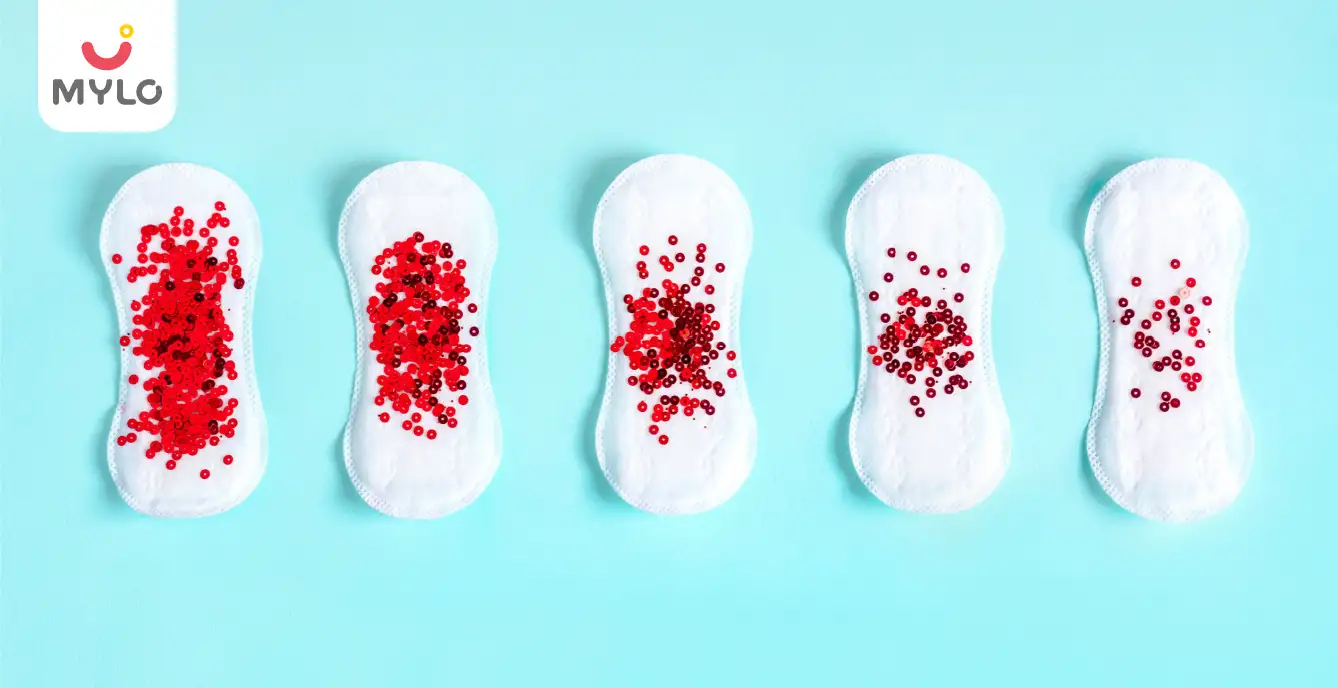
Periods
How to Stop Heavy Bleeding During Periods: Home Remedies (Part 2)

Sex Life
How Many Times Should You Have Sex to Get Pregnant?

A Guide to Planning the Perfect Godh Bharai for the Mom-to-Be

Medical Procedures
Your Complete Guide to Spinal Anesthesia: From Preparation to Recovery
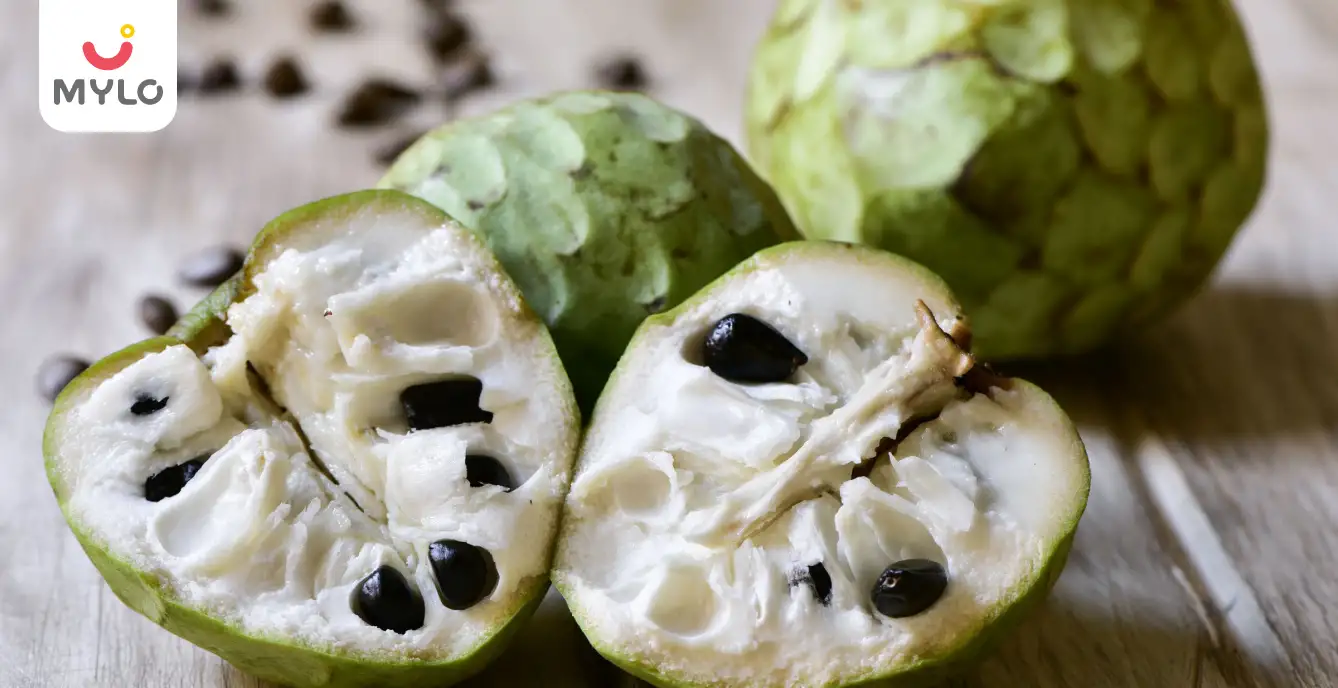
Diet & Nutrition
Custard Apple During Pregnancy: Benefits & Risks

Baby Bump
30+ Baby Bump Photos and Ideas for Documenting Your Pregnancy
- 30+ 2nd Pregnancy Photoshoot Ideas for Expecting Parents
- Feeding Tips and Healthy Food Ideas for Your 7-9 Month Old Baby
- Sweet Potato During Pregnancy: Benefits, Risks & Side Effects
- Carrot During Pregnancy: How This Healthy Snack Can Help You and Your Baby
- 30+ Maternity Photoshoot Props: Accessories for Maternity Photoshoot
- Diaper Pants 101: Everything You Need to Know Before You Buy
- Can We Eat Curd During Periods: Understanding the Dairy Dilemma
- Sabja Seeds During Pregnancy: Benefits & Side Effects
- Newborn Diaper Rash: Causes, Treatment and Prevention Tips
- New Born Baby Diapers: Understanding the Quantity and Sizing Needs of Your Little One
- The Ultimate Guide to Supplementing with Omega 3 for PCOS
- The Ultimate Guide to Safe and Effective Exercise in Periods
- PCOS Hair Growth: Causes, Symptoms, and Effective Treatment Options
- Endometrial Hyperplasia: The Ultimate Guide to Understanding Its Causes and Treatment


AWARDS AND RECOGNITION

Mylo wins Forbes D2C Disruptor award

Mylo wins The Economic Times Promising Brands 2022
AS SEEN IN

- Mylo Care: Effective and science-backed personal care and wellness solutions for a joyful you.
- Mylo Baby: Science-backed, gentle and effective personal care & hygiene range for your little one.
- Mylo Community: Trusted and empathetic community of 10mn+ parents and experts.
Product Categories
baby carrier | baby soap | baby wipes | stretch marks cream | baby cream | baby shampoo | baby massage oil | baby hair oil | stretch marks oil | baby body wash | baby powder | baby lotion | diaper rash cream | newborn diapers | teether | baby kajal | baby diapers | cloth diapers |



